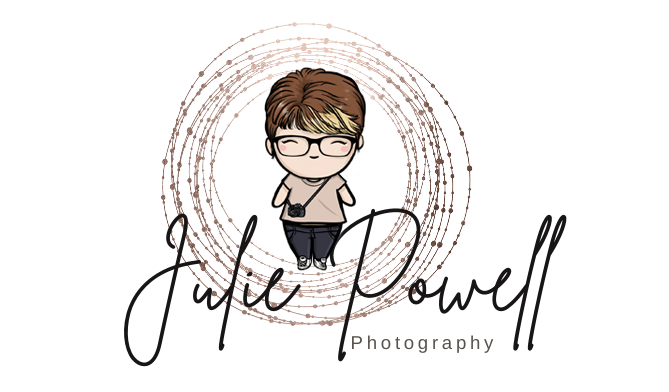Choosing the right artificial light for Your Shoot: Strobes vs. Constant Light
Selecting the appropriate artificial lighting for your photography project is crucial in achieving the desired look and feel. Two primary lighting options are available: strobes (or speedlights) and constant light. Each has its unique advantages and limitations, making them suitable for different types of photography.
Studio Strobes freeze action
Strobes (or Speedlights)
Strobes, characterized by their intense, short bursts of light, excel in freezing fast action. This makes them the preferred choice for capturing sports, dance, and other high-speed subjects. Their high power output ensures sharp images even in challenging lighting conditions. Additionally, strobes offer precise control over light intensity, allowing photographers to shape light and create dramatic effects.
Pros:
High power output for freezing fast action
Precise control over light intensity
Versatile lighting options with modifiers
Cons:
Requires additional equipment like batteries or power packs
Can be challenging to use in video applications
Constant light is great for product photography & video
Constant Light
Constant light sources, such as LED panels and COB lights, provide a continuous stream of illumination. While they lack the raw power of strobes, they offer several advantages, particularly for video and portraiture. Constant light allows photographers to see the exact lighting conditions before capturing the image, making it easier to adjust settings and composition. Additionally, they are often quieter and more portable than strobe setups.
Pros:
Real-time preview of lighting conditions
Suitable for video and live streaming
Often quieter and more portable
Can be used in conjunction with other soft lighting like candles or globes without overpowering them
Cons:
Lower power output compared to strobes
May require longer exposure times for fast-moving subjects
Constant works well with other lighting
When to Use Which
High-speed action: Strobes are the ideal choice for capturing sharp images of fast-moving subjects.
Video and live streaming: Constant light is essential for consistent and even illumination.
Portraiture: Both strobes and constant light can be used effectively, depending on the desired look and feel.
Product photography: Constant light is often preferred for showcasing product details accurately.
Low-light conditions: Strobes offer more flexibility in low-light situations.
Ultimately, the best lighting choice depends on the specific requirements of your shoot. Experimenting with different lighting setups will help you develop a strong understanding of when to use strobes and when to opt for constant light. Of course, these can both be used in conjunction with natural Light. Experimentation is key to mastering both strobes and constant light. Remember, these aren’t mutually exclusive; they can work together in harmony. Instead of overpowering natural light, consider using artificial light to enhance it, adding depth and dimension to your images.






